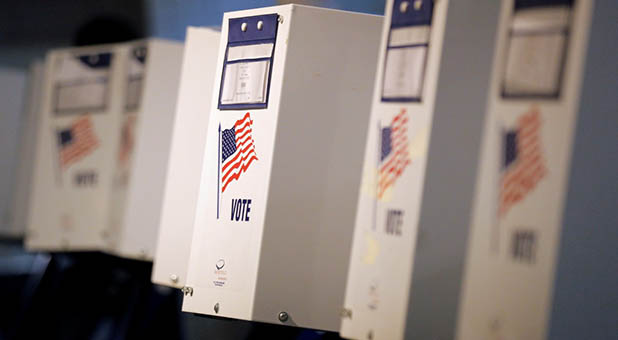Your Write-In Vote Might Not Count
A write-in vote—whereby a voter selects a person for an office who is not named on the voting ballot—isn’t recognized by the U.S. Supreme Court as a right, even if it is offered by the state one lives in.
In its 1992 decision in Burdick v. Takushi, the high court determined that the purpose of elections is to winnow out and reject all but the chosen candidates. With regard to a Hawaii law prohibiting write-in votes, the court determined that giving elections a “more generalized expressive function” may undermine the states’ ability to operate elections efficiently.
So if you decide to write-in a candidate in November, how do you know if that vote is legal, and that it will be counted? Well, the Rutherford Institute has developed a voting guide that helps answer those two very important questions.
Its constitutional Q&A, “So You Think You Can Write-In Your Vote?” provides voters who want to write-in their vote with the steps they need to take before going to the polls, as well as what they can do if their state does not allow write-in candidates. You can find it by visiting rutherford.org.














































